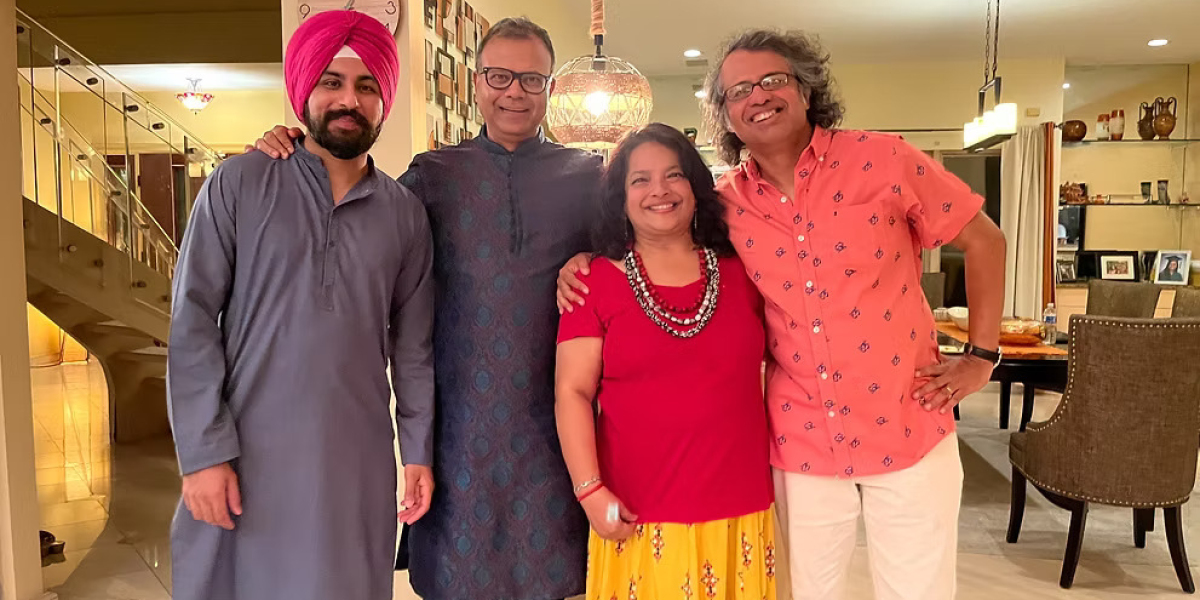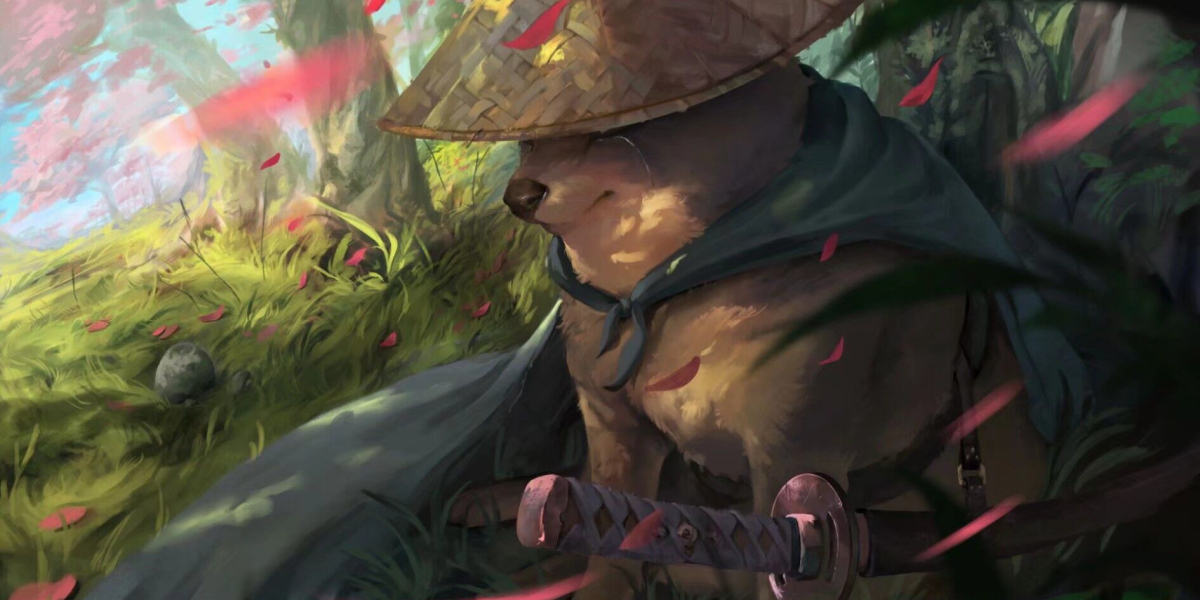When these timeless melodies are performed in an intimate gathering, a mehfil night the effect is pure magic. It’s not just a concert; it’s a cultural experience where poetry meets music, and hearts connect in a way only the ghazal can achieve.
The Ghazal – Poetry of the Heart
The ghazal originated as a form of Persian and Arabic poetry, eventually finding a home in South Asia. In India, it took on new life, blending the beauty of Urdu and Hindi literature with the nuances of Indian classical and semi-classical music. Ghazals are built around themes of love, longing, loss, and spiritual reflection.
What makes a ghazal special is its ability to express the most complex emotions in just a few lines. This is why ghazals have endured for centuries, because human emotions never go out of style.
Legends of Indian Ghazal Singing
When we talk about Indian ghazal singers, a few names immediately stand out for their unmatched contribution to the genre:
Jagjit Singh – Often called the “King of Ghazals,” Jagjit Singh revolutionized ghazal singing by bringing it to a wider audience. His smooth voice and simple yet soulful compositions made the ghazal accessible to the masses.
Chitra Singh – Alongside Jagjit Singh, Chitra Singh created some of the most iconic duets in ghazal history. Her emotive voice added a unique charm to every performance.
Pankaj Udhas – Known for his velvety voice, Pankaj Udhas blended traditional poetry with light music arrangements, making ghazals appealing to younger generations.
Talat Aziz – With a voice rich in emotion, Talat Aziz kept the tradition alive while experimenting with modern arrangements.
Anup Jalota – While known for bhajans, Jalota’s contribution to ghazals is significant, bringing a devotional and soulful depth to the form.
These artists did more than just sing; they preserved a tradition while also modernizing it for changing audiences.
The Soul of a Mehfil Night
A mehfil night is unlike any other musical event. It is an intimate gathering, often in small halls, living rooms, or open courtyards, where the audience is as much a part of the performance as the artist. In a mehfil, there’s no rush. The singer takes time to explain the poetry, to improvise, and to connect deeply with the listeners.
The atmosphere is warm and inviting. Dim lights, cushions, and traditional décor create a cozy setting. Tea is served, conversations flow, and when the music begins, the entire room seems to breathe in unison.
This is the perfect environment for ghazals - where every note and every word can be savored. The audience isn’t just hearing music; they’re experiencing poetry brought to life.
Why Ghazals Still Matter Today
In today’s fast-paced, digitally-driven world, the ghazal offers something rare, stillness. While trends in music may change rapidly, the ghazal remains timeless because it speaks directly to the soul. The themes of love, longing, and spirituality are universal and eternal.
Thanks to streaming platforms and live events, younger audiences are now discovering ghazals. The rise of acoustic sessions and cultural gatherings has brought back the concept of mehfil nights, where friends and families come together for an evening of meaningful entertainment.
Hosting Your Own Mehfil Night
If you’re inspired to host a mehfil night, here’s how you can recreate that magic at home or in a small venue:
Choose the Right Artist – Invite a talented ghazal singer who can connect with the audience. Local artists and rising talents are often eager to perform in intimate settings.
Create the Ambience – Use warm lighting, floor seating with cushions, and traditional décor elements like rugs, candles, and flowers.
Select the Poetry – Curate a list of ghazals from legendary Indian ghazal singers, mixing classics with modern interpretations.
Serve Traditional Snacks & Drinks – Chai, samosas, and mithai add to the authenticity of the evening.
Encourage Interaction – Let the artist explain the meaning behind each ghazal. This deepens the connection between the music and the audience.
A mehfil night is not just about music, it’s about creating a shared emotional journey.
The Future of Indian Ghazals
While the golden era of legends like Jagjit Singh and Mehdi Hassan may be behind us, the future of ghazals is bright. Young musicians are blending ghazals with fusion, jazz, and even electronic elements. This evolution ensures that the genre stays relevant while maintaining its poetic essence.
Digital platforms have also made it easier for independent ghazal singers to share their work with a global audience. Social media live sessions, YouTube concerts, and podcasts dedicated to Urdu poetry have introduced the ghazal to entirely new generations.
Keeping the Tradition Alive
For art forms like the ghazal to survive, they must be experienced - not just heard. This is why mehfil nights play such an important role. They allow artists and listeners to slow down, appreciate the beauty of poetry, and immerse themselves in music that speaks to the heart.
If you have never attended a mehfil, you are missing out on one of the most beautiful cultural experiences India has to offer. And if you have, you know that no recording - no matter how perfect, can replace the magic of being there in person.
Conclusion
The ghazal is more than just a song; it is a conversation between the poet and the listener, carried by the voice of the singer. The work of Indian ghazal singers has preserved this tradition for generations, and the intimate charm of a mehfil night keeps it alive in its purest form.
Whether you are a lifelong lover of ghazals or someone discovering them for the first time, attending a mehfil or listening to a live performance can be a soul-stirring experience. It’s an evening of poetry, music, and shared emotion - the kind of experience that lingers long after the last note fades.
At Treat for Your Soul, we believe in celebrating art forms that touch the heart. Ghazals and mehfils are a reminder that in a world full of noise, there is beauty in slowing down and listening.
FAQs
1. Who are some of the most famous Indian ghazal singers?
Some legendary names include Jagjit Singh, Chitra Singh, Pankaj Udhas, Talat Aziz, and Anup Jalota, each known for their unique style and contribution to ghazal music.
2. What makes a mehfil night special?
A mehfil night offers an intimate, interactive setting where ghazal singers connect deeply with the audience, making the experience personal and emotionally rich.
3. Can ghazals be enjoyed by younger audiences?
Absolutely! Many young listeners are drawn to ghazals for their poetic beauty and emotional depth, and modern adaptations make them even more accessible.








